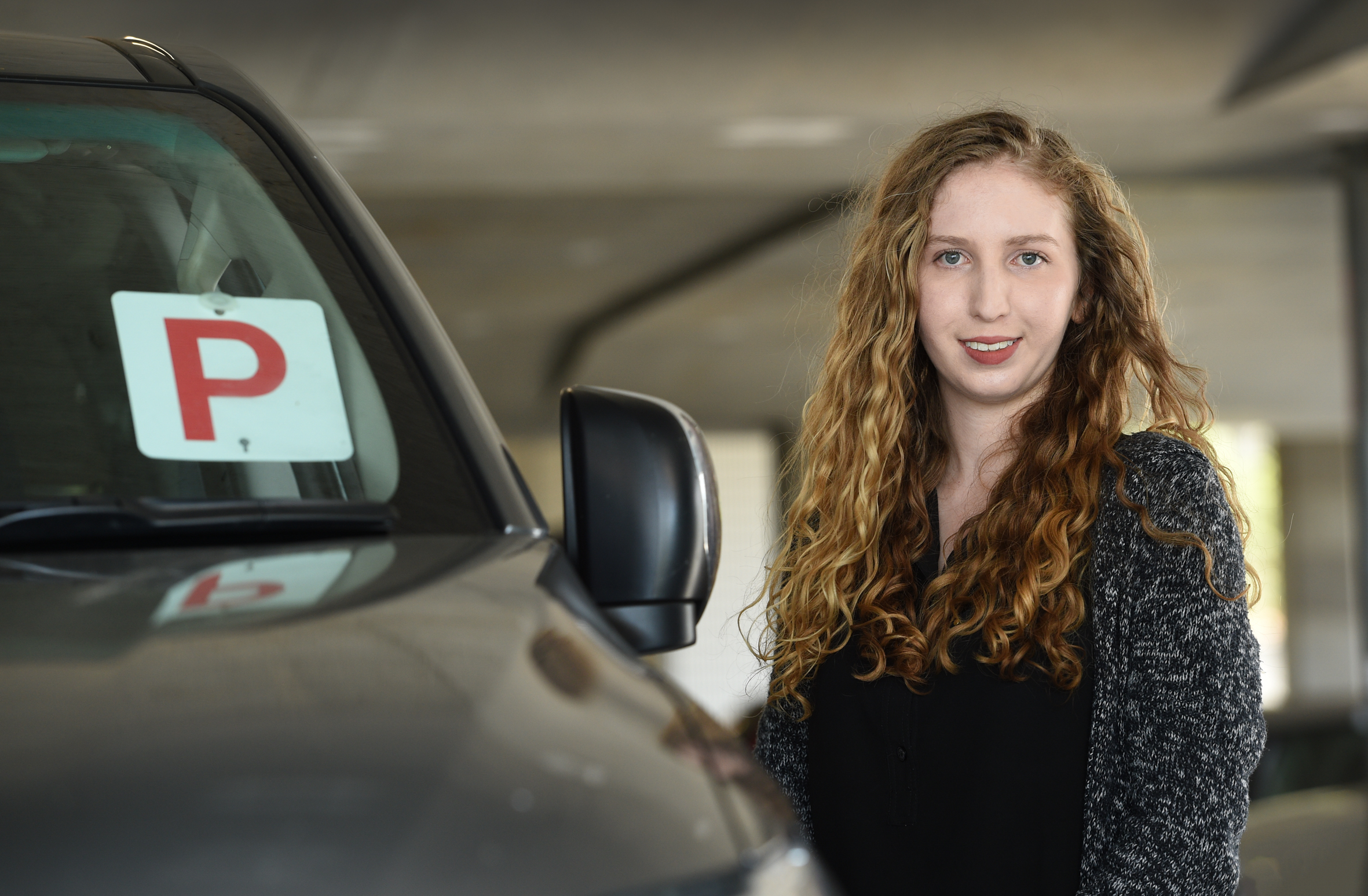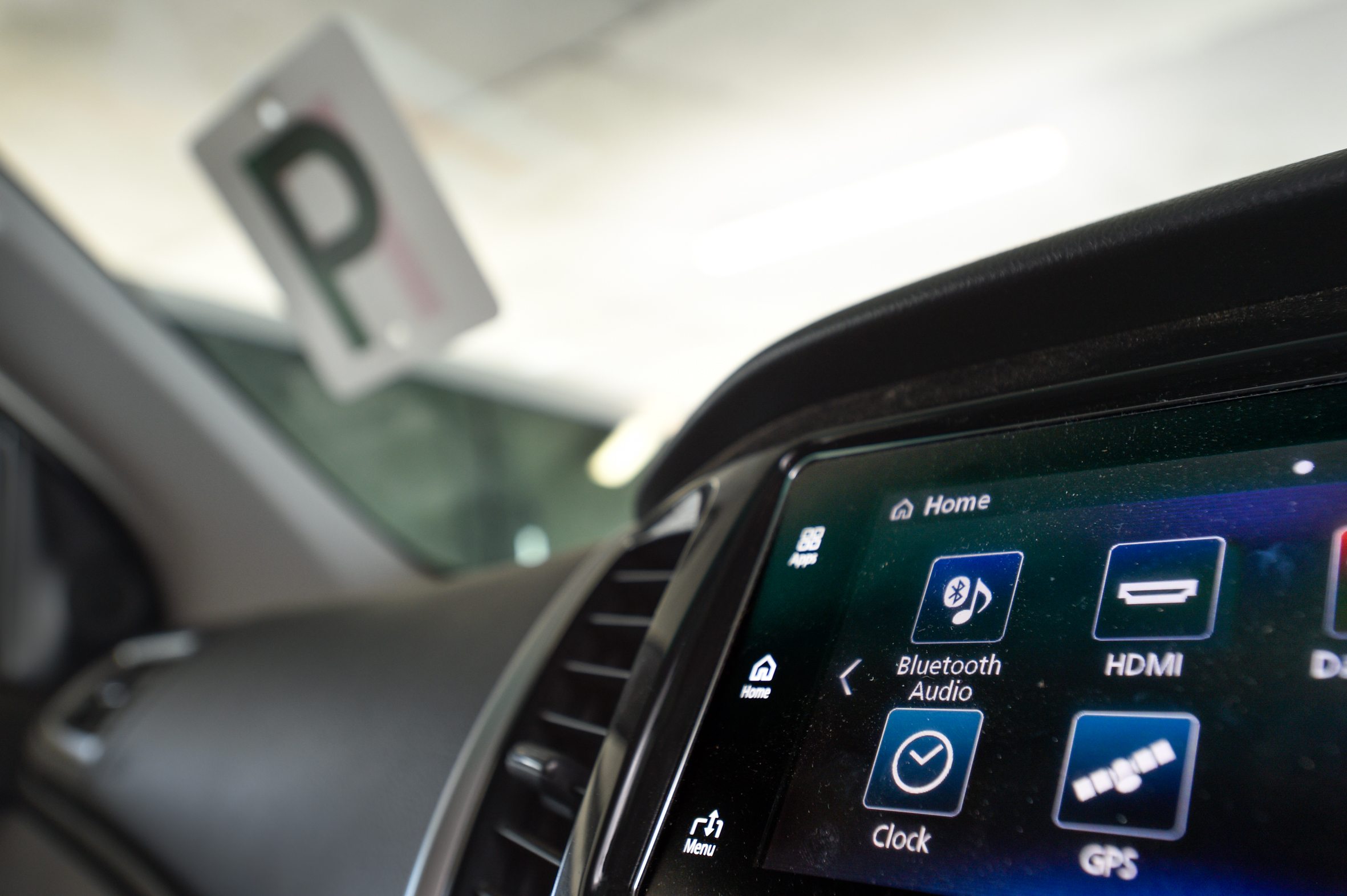
Did you know Queensland P platers can’t listen to music via Bluetooth or use GPS maps while they’re driving? And that it’s illegal for their passengers (as well as the driver) to have phone conversations on speaker?
A new QUT study has found many young drivers on provisional licences may not be aware of some of the conditions of their “provisional 1” beginner licences.
Researcher Verity Truelove from QUT’s Centre for Accident Research and Road Safety – Queensland (CARRS-Q) interviewed 60 young drivers aged 17 to 25 to find out what influenced their compliance with provisional licence (P1 and P2) restrictions.
She found that, rather than deliberately flouting the law, their non-compliance with some of the rules was because they simply didn’t know about them.
Queensland has a graduated driver licensing (GDL) system which imposes certain restrictions on learner drivers and provisional drivers aged under 25.
Ms Truelove found some restrictions – such as P Platers having a zero-alcohol limit – were well-known and compliance was high.
But she says a number of restrictions were, surprisingly, unknown to many of the young drivers she interviewed, despite being the law for over 10 years.

The title of Ms Truelove’s study – taken from a study participant response – sums up the problem nicely: “You can’t be deterred by stuff you don’t know about”: Identifying factors that influence graduated driver licensing compliance.
“The P1 licence phone-related restrictions were widely unknown and the least complied with, particularly regarding using the phone for Global Positioning Service (GPS) applications and the use of Bluetooth to listen to music, as well as the passenger loudspeaker restriction,” she said.
“The drivers I spoke to were also unaware of the penalties involved, with several stating they were now much more likely to comply given they’d been made aware of the laws and the severity of the punishments.
“Overall, I found compliance with P Plater restrictions was very much linked with perceptions of enforcement – such as how likely they were to be caught – and making ‘judgement calls’ on the perceived danger associated with violating the restriction. Social acceptance was also a contributing factor.”

Ms Truelove’s study also found that some drivers who did know about the restrictions on playing music on their phone via Bluetooth through their car stereo, deliberately broke the law because they thought legislation had not caught up with technology, so dismissed the law as not ‘valid’.
“Many participants believed the GDL law banning all types of phone use while driving, specifically the use of a GPS phone application and the use of music via Bluetooth, are not consistent with the current state of technology and need to be updated,” she said.
The study has been published in the Safety Science journal and was completed as part of Ms Truelove’s ongoing PhD work with QUT.
QUT Media contacts:
- Rose Trapnell | media@qut.edu.au | 0407 585 901 (including after hours)
- Mechelle McMahon| media@qut.edu.au


